The Health Insurance Portability and Accountability Act (HIPAA) establishes rigorous standards for safeguarding sensitive patient information in the United States. In the face of evolving cyber threats, simply following standard compliance protocols is no longer enough. This is where vulnerability assessments and HIPAA Pen-Testing become crucial for healthcare organizations. These practices go beyond mere compliance and proactively ensure security and confidentiality. Thus, Ensuring security of patient data in an increasingly digital healthcare industry.
This guide aims to clarify penetration testing assessments for healthcare professionals. Thus, providing insights into its significance in enhancing HIPAA compliance and its role. Role in a robust cybersecurity strategy. Whether you’re a healthcare provider, compliance officer, IT professional, or simply interested in securing patient data, this guide offers practical knowledge on HIPAA and cybersecurity.
Does HIPAA require Pen-testing?
While HIPAA doesn’t explicitly mandate penetration testing, it highly recommends it as a measure to protect patient data. Penetration testing supports numerous HIPAA requirements and aligns with NIST recommendations for compliance.
HIPAA’s Evaluation section and Information Access Management emphasize the need for regular technical and non-technical evaluations to assess security controls for protecting electronic protected health information (ePHI). NIST Special Publication 800-66r2, which provides HIPAA guidance, recommends penetration testing as a key method for these evaluations, supporting the HIPAA Security Rule’s standards for ensuring the confidentiality, integrity, and availability of ePHI.
What is HIPAA penetration testing?
HIPAA penetration testing is a specialized form of cybersecurity assessment tailored for the healthcare industry to ensure compliance with HIPAA. It involves simulating cyberattacks on an organization’s digital infrastructure to identify vulnerabilities that malicious entities could exploit.
Understanding the basics
Penetration testing, also known as ethical hacking, is a proactive cybersecurity approach that seeks weaknesses in an organization’s network, applications, and medical devices. It tests security controls by emulating real-world attackers’ tactics, providing a realistic assessment of an organization’s cybersecurity posture.
Tailoring pen-testing to HIPAA requirements
HIPAA mandates the protection of patient health information (PHI) through appropriate administrative, physical, and technical safeguards. HIPAA pen testing specifically targets these safeguards to ensure they are robust enough to protect sensitive patient data.
Common areas of HIPAA pen-testing scope
HIPAA penetration testing typically focuses on finding risks to ePHI and includes medical device cybersecurity. The FDA issued guidance in September 2023 addressing medical device cybersecurity, aligning with industry standards for Premarket Notification 510(k) and Postmarket Submissions.
The Role of Pen-testing in Healthcare Cybersecurity
Penetration testing, commonly referred to as pen-testing, plays a pivotal role in maintaining robust cybersecurity measures within the healthcare industry. Its primary function is to systematically probe for vulnerabilities in a healthcare organization’s digital infrastructure, including networks, applications, and medical devices. By simulating real-world cyber attacks, pen-testing uncovers potential weaknesses that malicious actors could exploit to gain unauthorized access to sensitive patient data.
In the context of healthcare, where the protection of electronic protected health information (ePHI) is paramount, penetration testing takes on added significance. It is a proactive approach that helps organizations comply with the stringent requirements of the HIPAA Security Rule, which mandates risk assessment and management to safeguard ePHI. By identifying and addressing vulnerabilities through penetration testing, healthcare entities can enhance their overall security posture, reduce the risk of data breaches, and demonstrate their commitment to patient privacy and regulatory compliance.
Benefits of security assessments in healthcare
In the realm of healthcare, security assessments offer a myriad of benefits that are crucial for maintaining a resilient cybersecurity posture:
Anticipating and mitigating evolving cyber threats:
Healthcare providers are constantly targeted by evolving cyber threats, particularly ransomware gangs. Penetration testing and vulnerability scans provide proactive measures to anticipate and mitigate these threats, ensuring that healthcare systems are resilient against emerging attack vectors.
Comprehensive risk management:
Security assessments delve deeper than standard security measures, identifying and prioritizing vulnerabilities based on their level of risk. This targeted approach allows healthcare organizations to allocate resources efficiently for remediation efforts, effectively managing their overall risk landscape.
Ensuring regulatory compliance:
Penetration testing evaluates the adequacy and effectiveness of security safeguards, which is essential for complying with the stringent requirements of regulations like HIPAA. By demonstrating a commitment to regulatory compliance through rigorous security testing, healthcare organizations can avoid penalties and legal repercussions.
Building patient trust:
Patient trust is paramount in healthcare, and robust cybersecurity practices play a pivotal role in fostering that trust. Rigorous security testing demonstrates an organization’s dedication to protecting patient data, enhancing its reputation as a trustworthy custodian of sensitive information.
By leveraging security assessments, healthcare organizations can not only fortify their defenses against cyber threats but also uphold their commitment to regulatory compliance and patient trust in an increasingly digital healthcare landscape.
Preparation for a HIPAA pentest
Preparation is key to ensuring a HIPAA penetration test is not only successful but also compliant with legal requirements. Here are the essential steps to prepare for a HIPAA pentest:
Establish Foundational Agreements:
Before initiating the penetration test, healthcare providers and their cybersecurity partners should establish legal agreements such as Non-Disclosure Agreements (NDAs) and Business Associate Agreements (BAAs) to ensure the confidentiality of sensitive information.
Define Objectives and Scope:
Clearly outline the goals and scope of the penetration test, focusing on the systems and networks that interact with electronic protected health information (ePHI). This step ensures that the assessment targets the areas most critical to the organization’s security.
Select the Penetration Testing Team:
Choose between an in-house team or third-party experts with a proven track record in healthcare technology and HIPAA compliance. The selected team should possess the necessary expertise to conduct a thorough and compliant penetration test.
Coordinate with Internal Stakeholders:
Communication with relevant departments is crucial to align expectations and ensure cooperation throughout the testing process. This collaboration helps in obtaining the necessary resources and support for a successful assessment.
Ensure Technical and Administrative Readiness:
Backup critical data and ensure compliance with legal and organizational policies related to the penetration test. This includes verifying that all systems and networks are ready for testing and that any potential disruptions to operations are minimized.
Schedule the Test:
Schedule the penetration test to minimize its impact on day-to-day operations. Planning for ongoing testing ensures that the organization maintains a proactive approach to security beyond the initial assessment.
By following these steps, healthcare organizations can effectively prepare for a HIPAA penetration test, ensuring that it is conducted in a manner that is compliant, thorough, and aligned with the organization’s security objectives.
Understanding the penetration testing process
The penetration testing process is a systematic and crucial aspect of evaluating an organization’s security posture, especially in healthcare where safeguarding patient data is paramount. It begins with careful planning, where the scope, objectives, and methodology of the test are defined. This phase sets the foundation for the entire assessment, ensuring that the testing team focuses on the most critical areas of the organization’s infrastructure.
Once the planning is complete, the discovery phase begins. Here, the testing team gathers detailed information about the organization’s systems, networks, and applications. This involves identifying potential vulnerabilities that could be exploited by cyber attackers. The goal is to create a comprehensive map of the organization’s digital landscape, highlighting areas of potential weakness that need to be addressed.
The core of the penetration testing process lies in the attack and penetration phase. In this phase, the testing team conducts simulated cyberattacks to test the security defenses of the organization. By emulating the tactics of real-world attackers, the team can identify how well the organization’s security controls can withstand an actual attack. The results of these simulated attacks are then compiled into a comprehensive report, which includes details of the vulnerabilities discovered, the risks they pose, and recommendations for remediation. This report is instrumental in guiding the organization’s efforts to strengthen its security posture and maintain compliance with regulations like HIPAA.
Building a culture of security
Building a strong culture of security within healthcare organizations goes beyond conducting HIPAA pen-testing. It involves ingraining protective measures into the organization’s daily operations. One crucial aspect is to implement regular training and awareness programs for all staff members. These programs emphasize cybersecurity best practices and educate employees about their roles in protecting patient data.
Effective security training and awareness programs ensure that employees are well informed about the latest cybersecurity threats and how to respond to them. This includes understanding the importance of strong passwords, recognizing phishing attempts, and adhering to security protocols when handling patient information. By empowering employees with this knowledge, organizations can significantly reduce the risk of data breaches and cyber-attacks.
Furthermore, creating a culture of security requires ongoing reinforcement and commitment from organizational leadership. Leaders need to demonstrate their dedication to cybersecurity by prioritizing it in decision-making processes and allocating resources for training and security measures. This top-down approach helps instill a sense of accountability and responsibility for cybersecurity across all levels of the organization.
In conclusion, while HIPAA pen-testing is a critical component of healthcare cybersecurity, building a culture of security requires a comprehensive approach that involves training, awareness, and leadership commitment. By integrating these elements into the organization’s culture, healthcare providers can create a resilient security environment that effectively protects patient data and complies with regulatory requirements like HIPAA.
Trust Pen-Testing, Trust Qualysec

Established in 2020, Qualysec swiftly emerged as a trusted cybersecurity firm, offering HIPAA Pen-Testing Services, VAPT, security consulting, and incident response services. It has become a renowned top player in the cybersecurity and penetration testing industry space. Qualysec boasts an expert team capable of identifying vulnerabilities that malicious actors could exploit. They collaborate closely with clients to rectify these issues, ultimately bolstering overall security.
Qualysec’s team is composed of seasoned offensive specialists and security researchers, ensuring that clients have access to the latest security techniques. Their Pen-testing Services incorporate both human expertise and automated tools, delivering clear findings, mitigation strategies, and post-assessment consulting—all in adherence to industry standards. The comprehensive service portfolio includes:
- Web App Pentesting
- Mobile App Pentesting
- API Pentesting
- Cloud Security Pentesting
- IoT Device Pentesting
- AI ML Pen testing
This proves invaluable for businesses seeking to comply with industry regulations or demonstrate commitment to security to stakeholders. Working with Qualysec guarantees several advantages:
- An expert team of highly skilled and certified cybersecurity professionals dedicated to protecting digital assets.
- Detailed reports with actionable recommendations for issue resolution.
- Reliable support for ongoing assistance.
- Seamless collaboration with development teams for efficient issue resolution.
- Advanced tools and techniques for accurate vulnerability detection without false positives.
Strengths and Unique Selling Propositions:
Qualysec distinguishes itself through its profound expertise and unwavering commitment to delivering top-tier cybersecurity services. Their team of certified professionals possesses extensive knowledge of the latest attack techniques and security best practices. Thus, enabling them to provide precise and actionable insights during penetration tests.
Qualysec’s commitment to competitive pricing, a unique testing approach, on-time delivery, long-term partnerships, and utmost confidentiality makes it a leading penetration testing company. Dedicated to enhancing penetration testing and the cybersecurity landscape.
Hence, Qualysec’s comprehensive and reliable HIPAA pen-testing is suitable for your organization. Choose Qualysec to get in-depth insights and relevant recommendations from a skilled penetration testing team.
Conclusion
As we’ve discussed in this guide, conducting penetration tests for HIPAA compliance is a crucial component of a healthcare organization’s cybersecurity strategy. However, it’s just one part of a larger puzzle aimed at creating an environment where security is consistently prioritized, and risk analysis is ingrained in the operational mindset.
Healthcare organizations need to understand that safeguarding patient data’s confidentiality, integrity, and availability is not only a regulatory obligation but also a fundamental aspect of patient care. Regular penetration testing, coupled with ongoing risk analysis, robust training initiatives, and a culture of security awareness, serves as a robust defense against the diverse cyber threats prevalent in the healthcare sector today.
By adopting these practices, healthcare providers can ensure compliance with HIPAA regulations, mitigate the risk of data breaches, and establish a resilient infrastructure capable of withstanding cyber attacks, including those carried out by ransomware groups. This commitment helps healthcare organizations maintain the trust placed in them by individuals and society, ensuring that sensitive patient health information remains secure and confidential.
If your organization is planning a penetration test to support HIPAA compliance and is seeking a cybersecurity partner , feel free to reach out to our experts for assistance.
Frequently Asked Questions (FAQs):
Q. What are the requirements for HIPAA pen-testing?
HIPAA does not explicitly require penetration testing. However, conducting such tests is highly recommended to safeguard electronic protected health information (ePHI) and enhance the overall security controls of your healthcare organization.
Q. What is the HIPAA Security Rule?
The HIPAA Security Rule mandates healthcare professionals to establish administrative, physical, and technical safeguards to protect patient data. These safeguards apply to all electronic health information systems within the organization.
Q. How much does a HIPAA penetration test cost?
The cost of a HIPAA penetration test varies based on factors such as the size and complexity of the healthcare organization’s IT infrastructure and the scope of testing.
Ensure your healthcare solution is globally compliant.
Qualysec helps you meet HIPAA, FDA, ISO, and more. Contact us today!
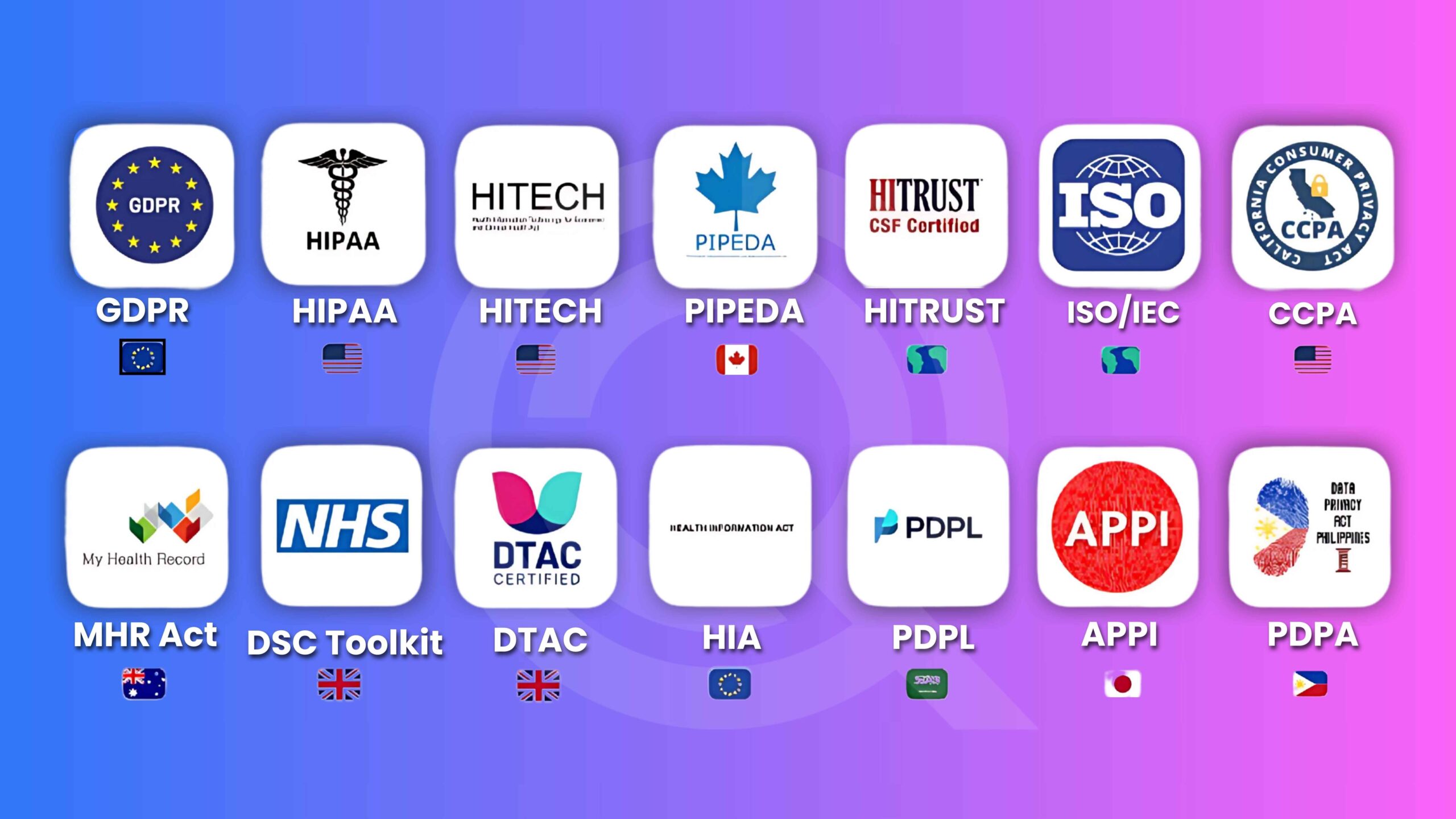












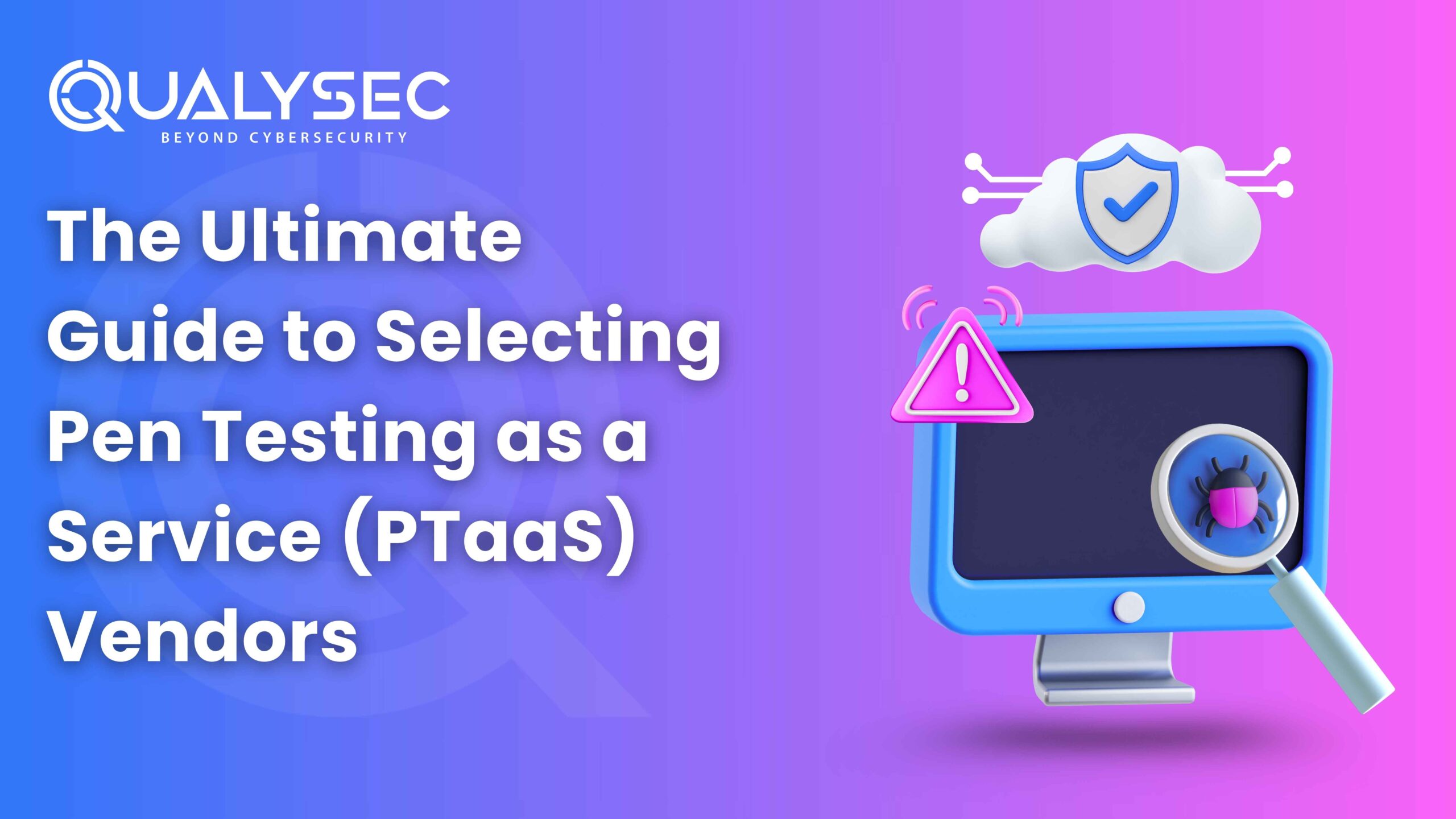



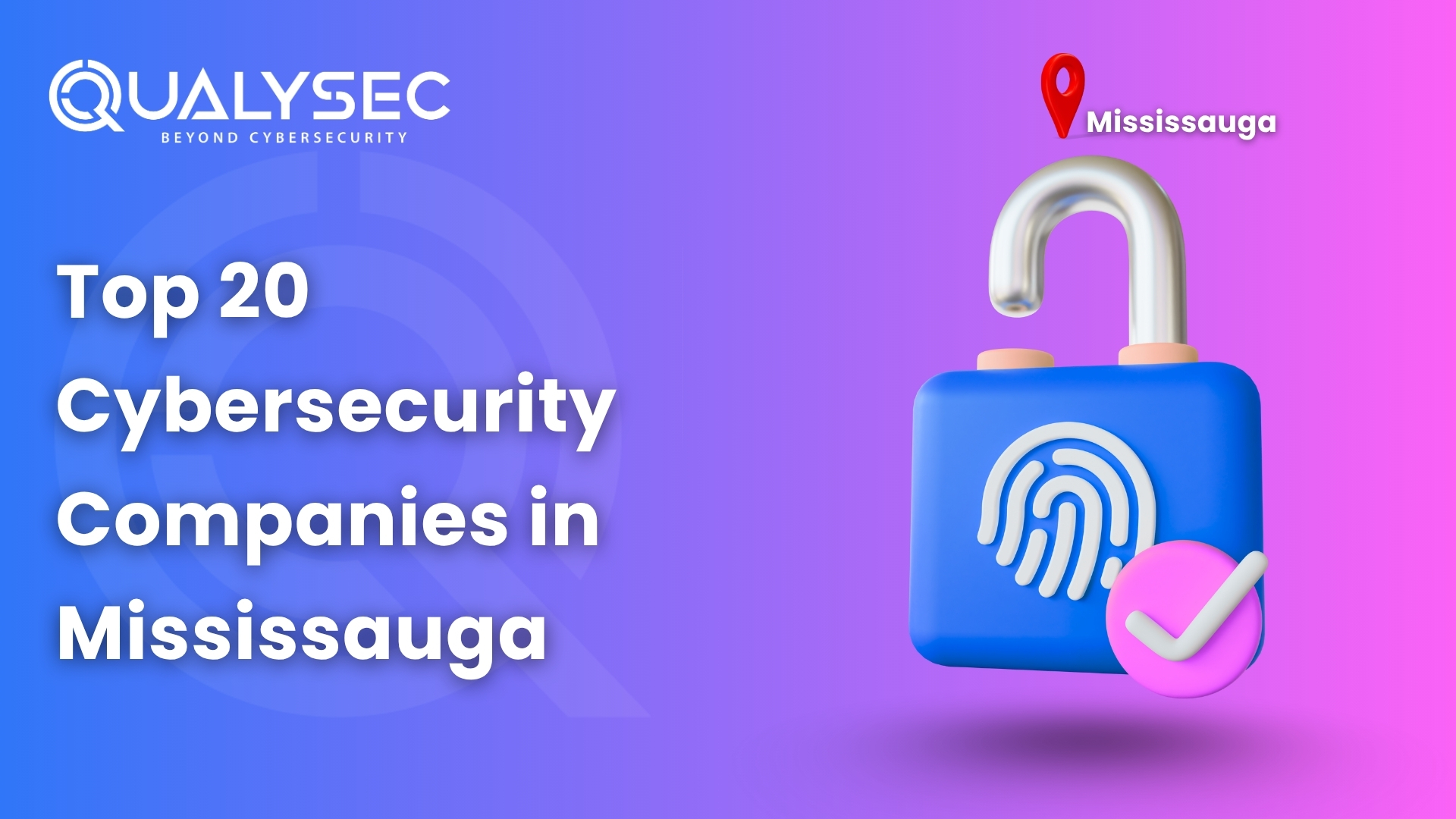




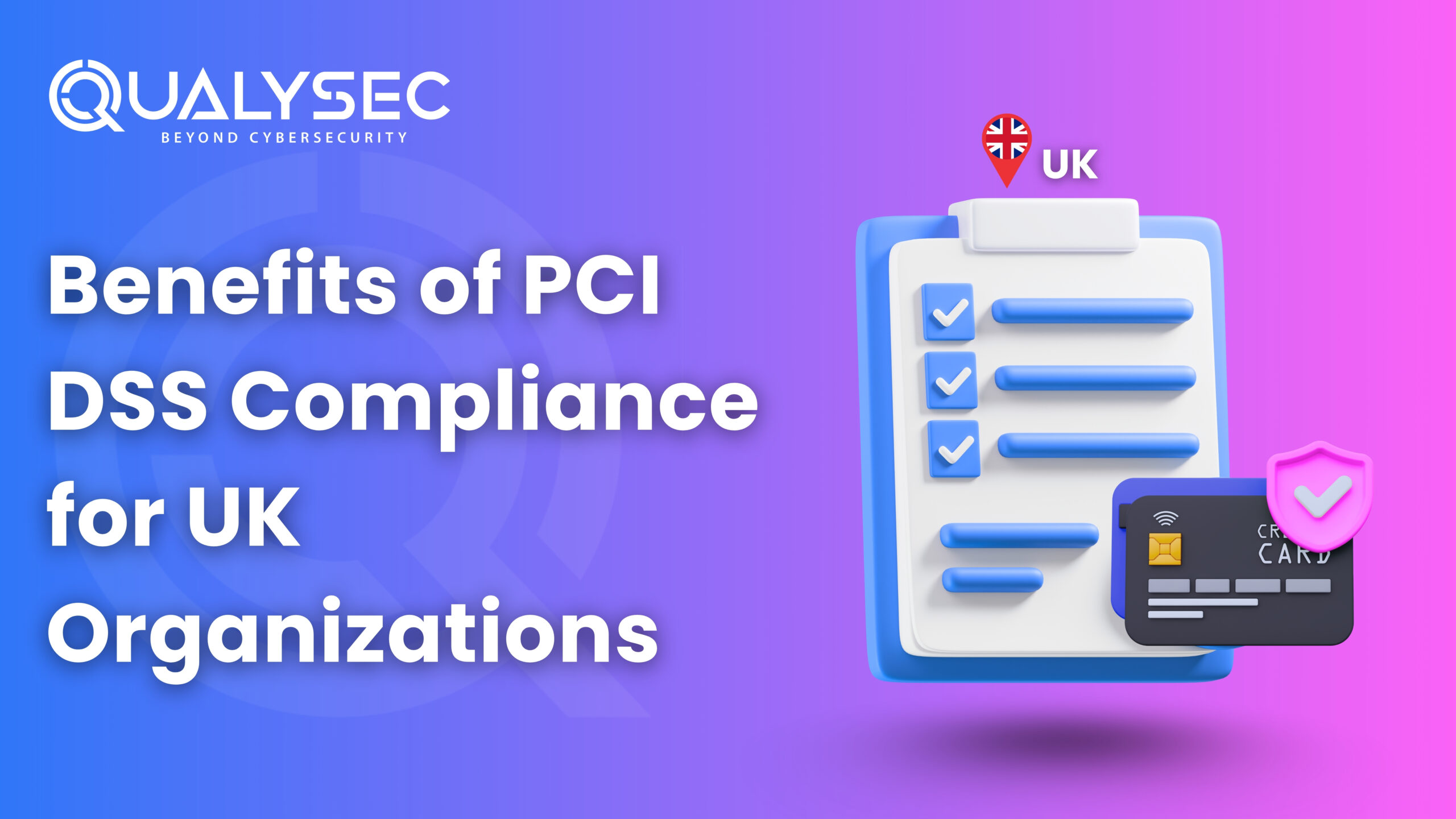




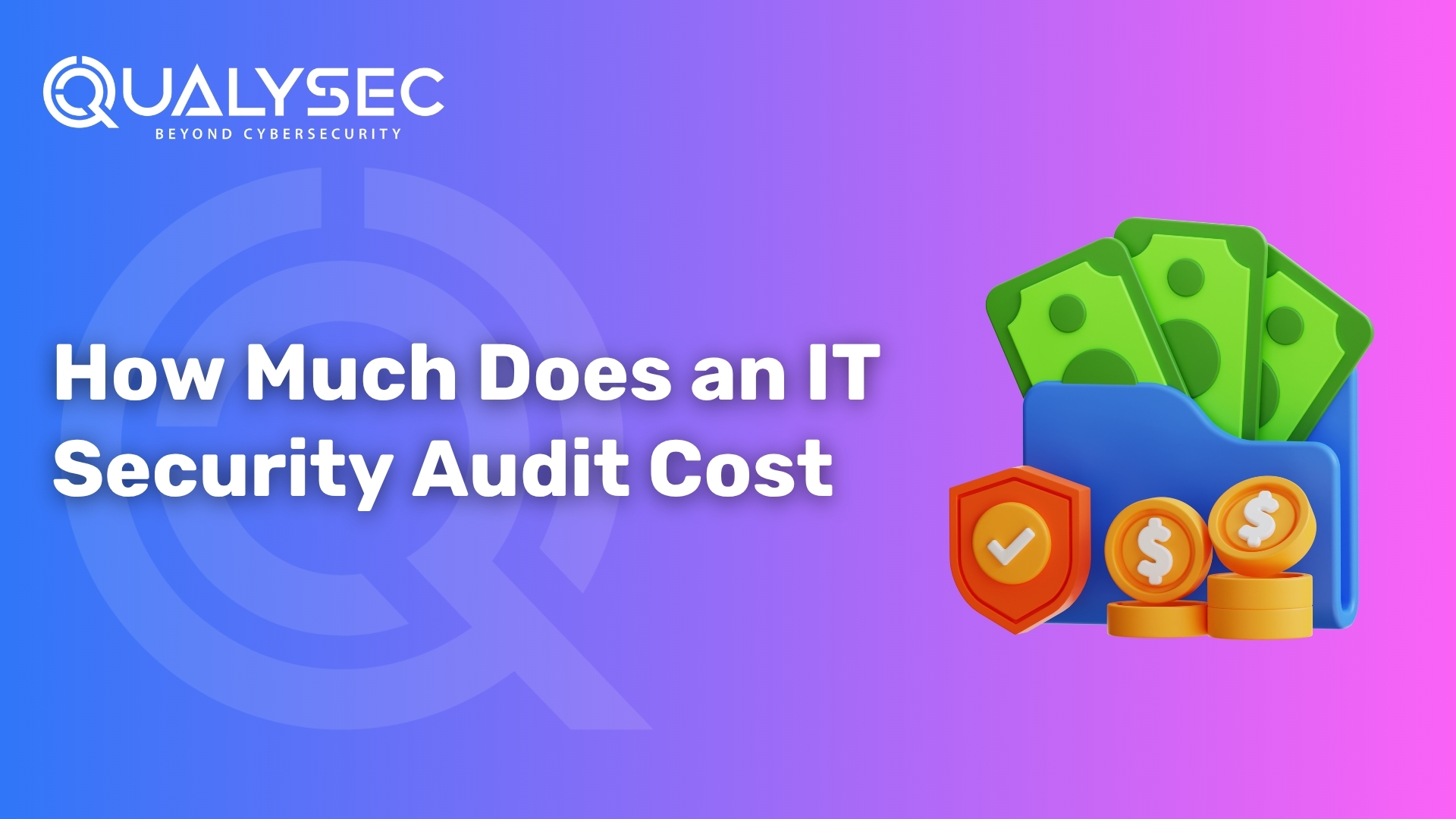

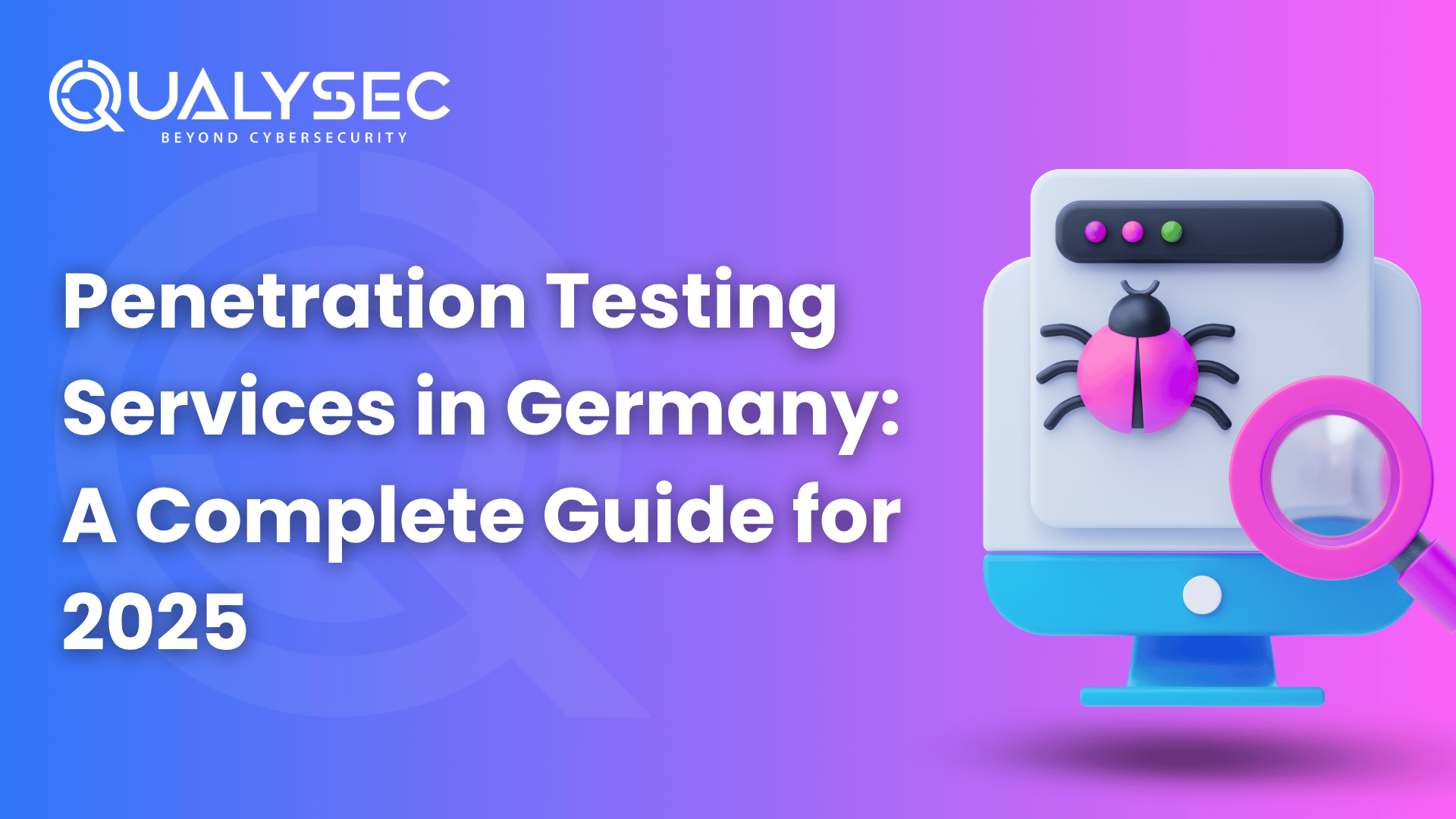








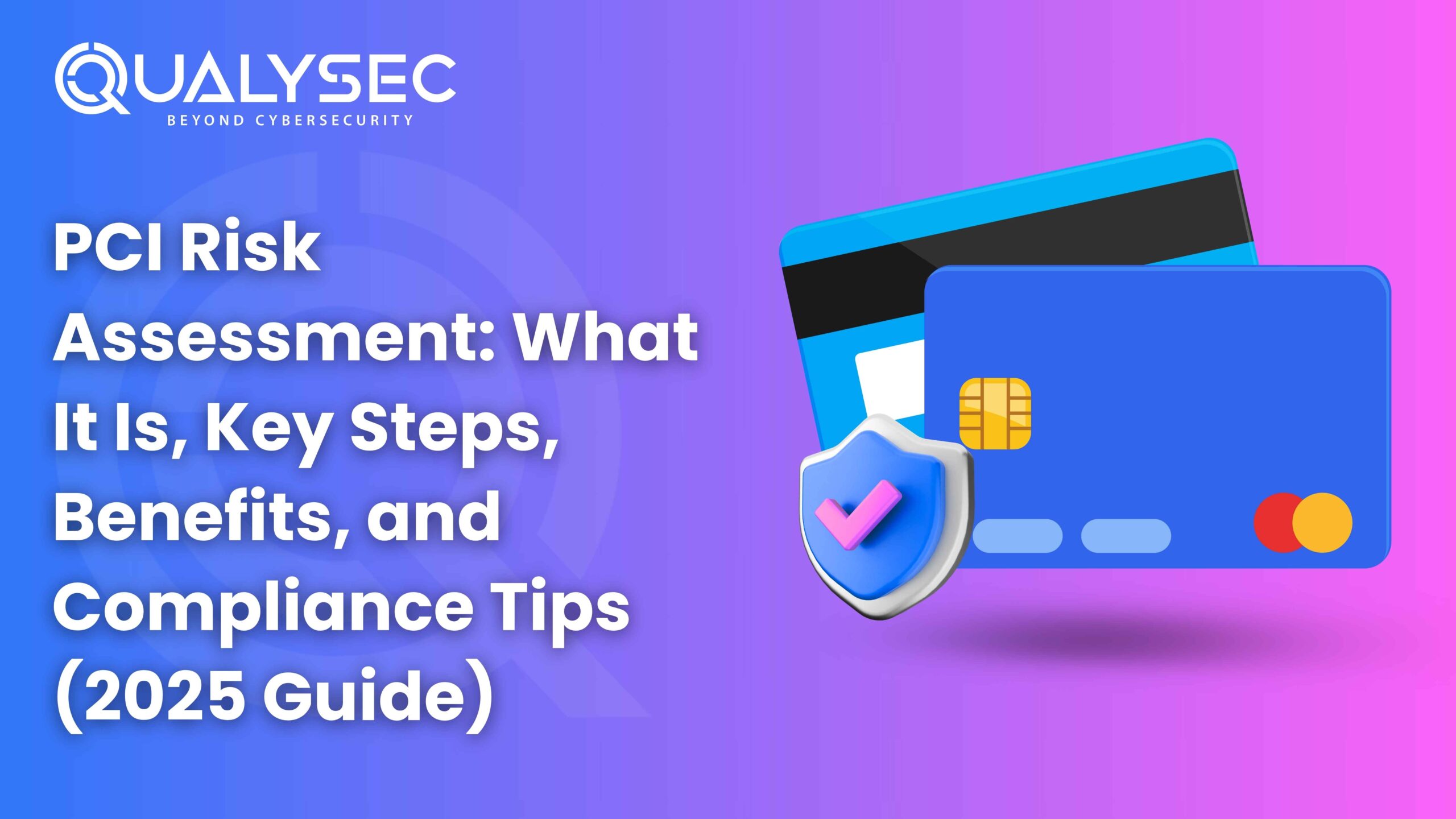






















































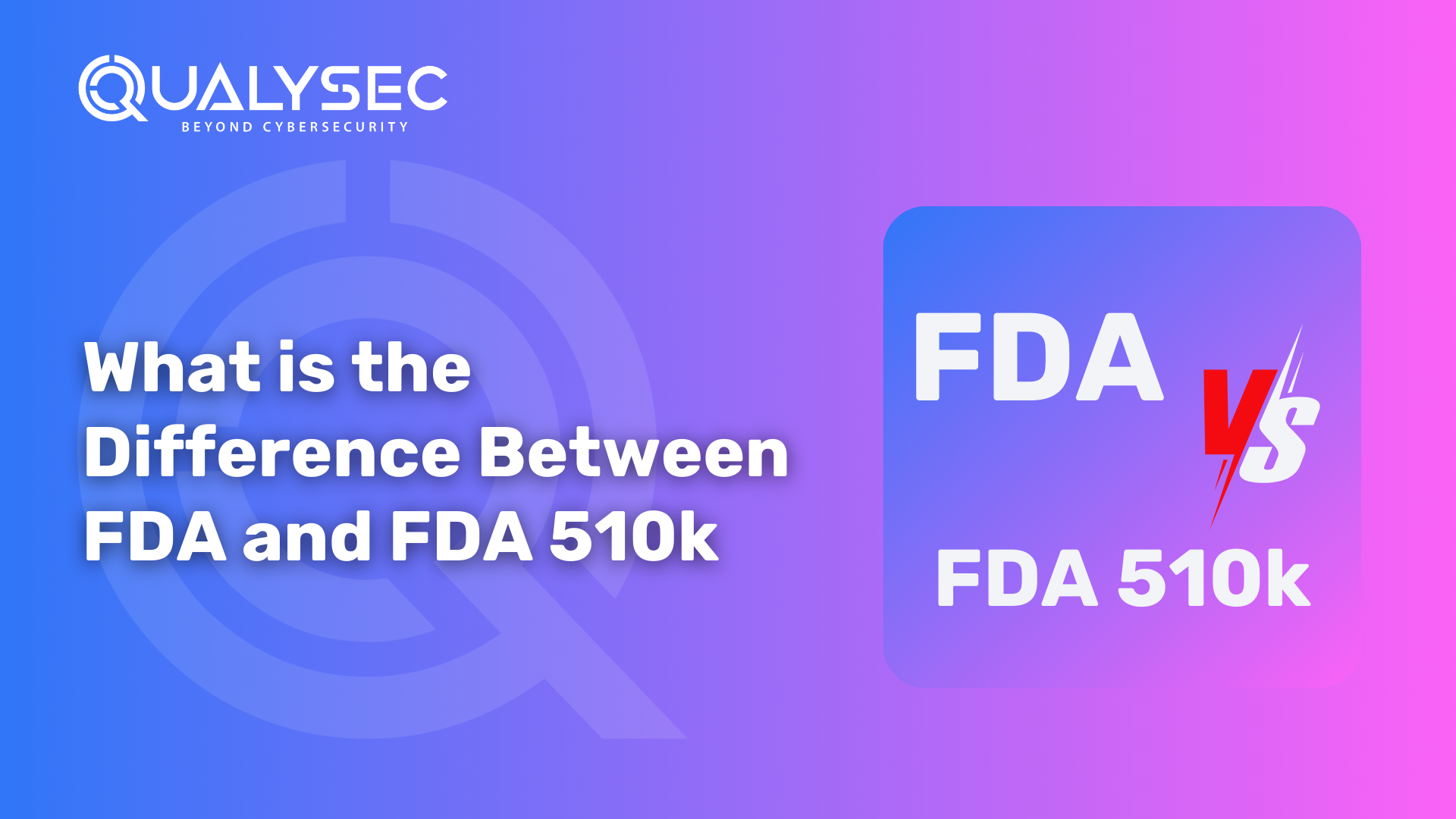





































































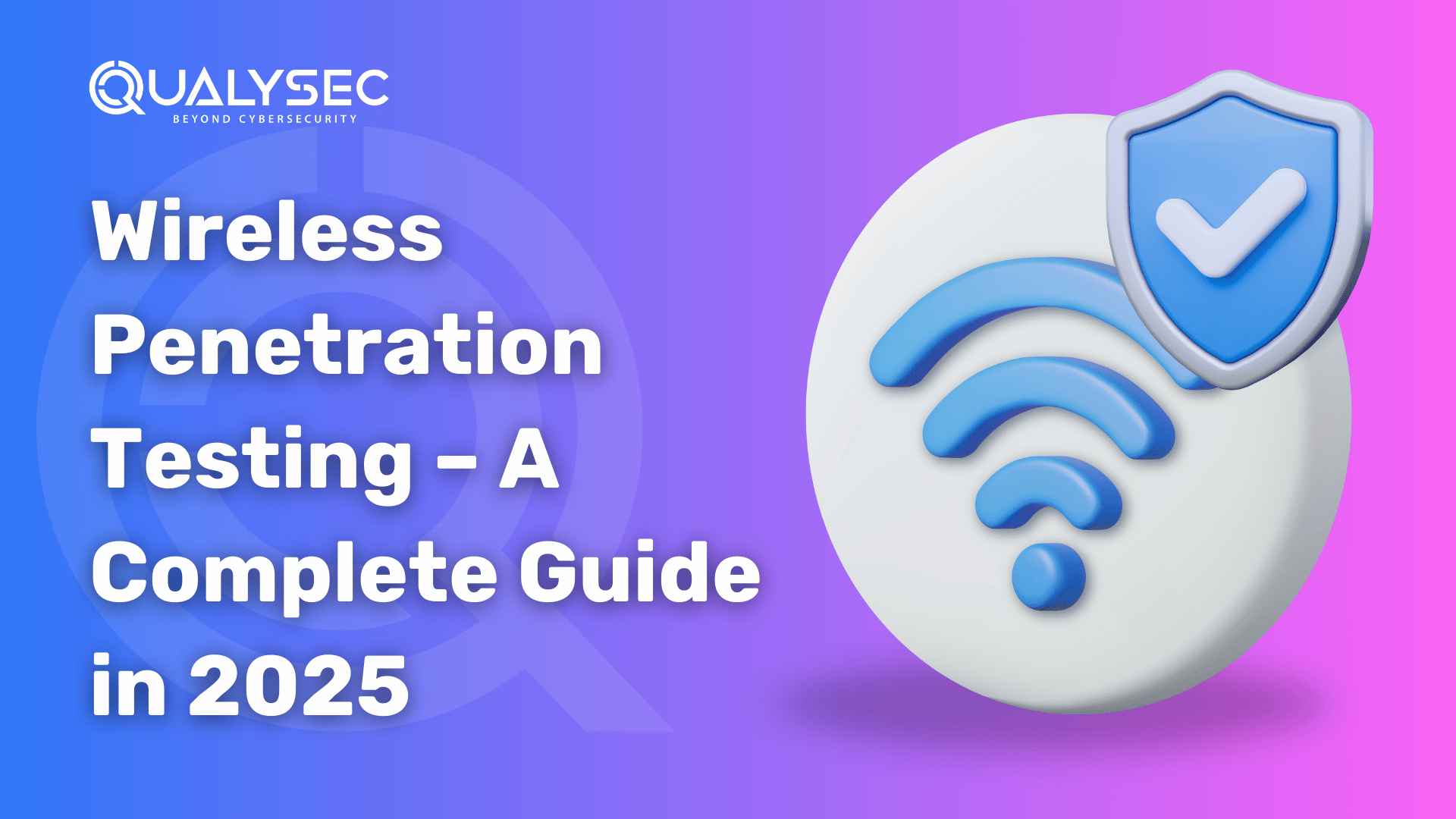








































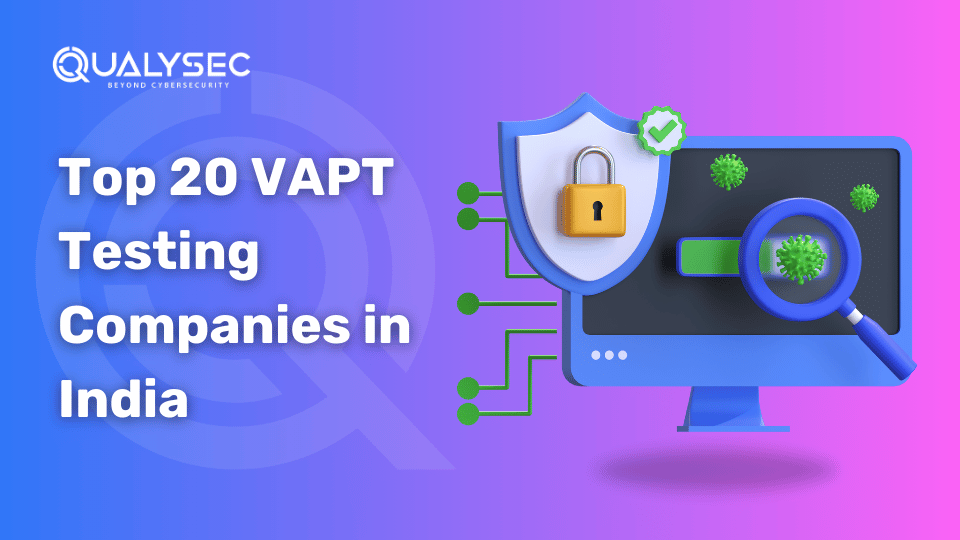























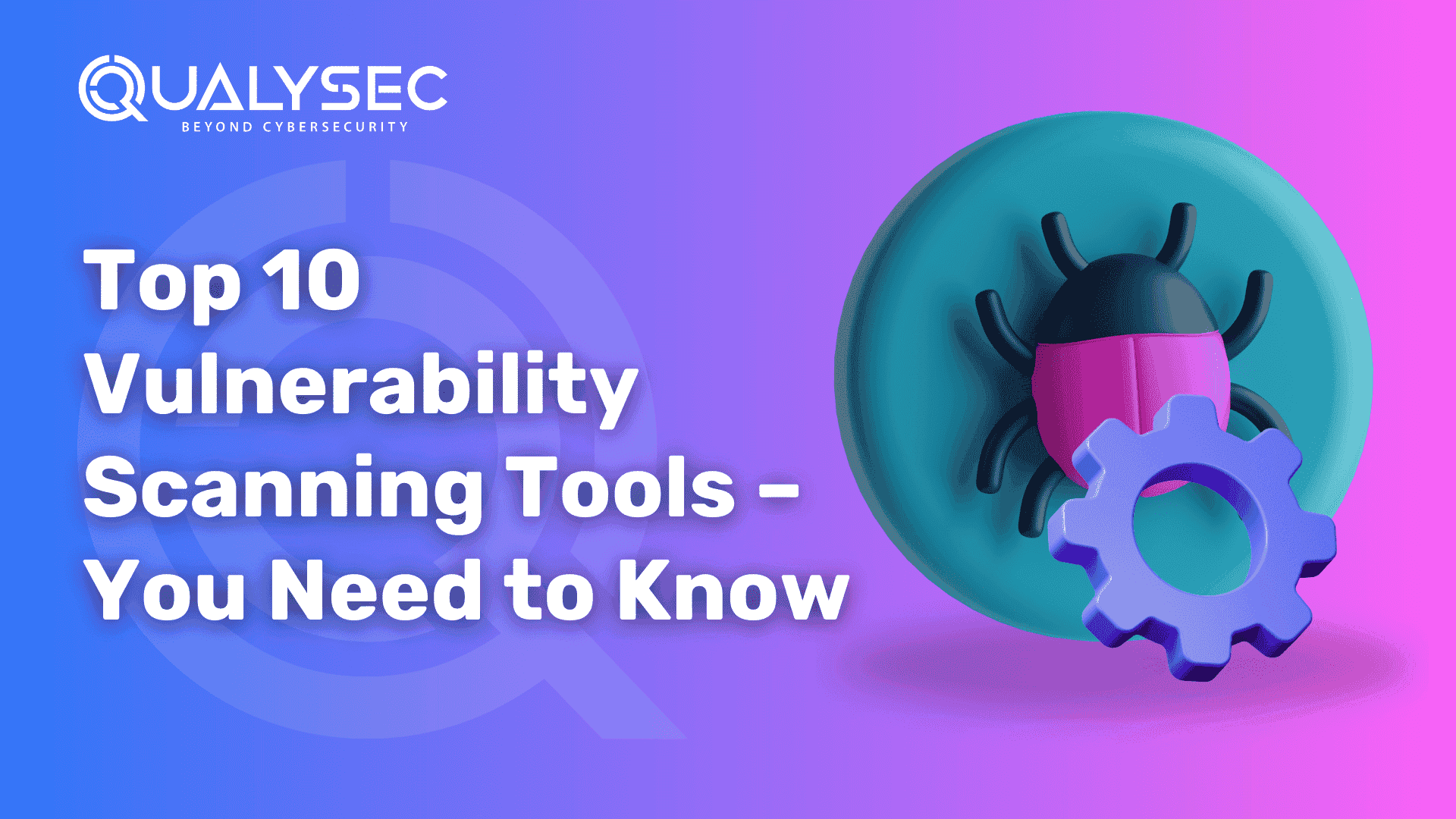



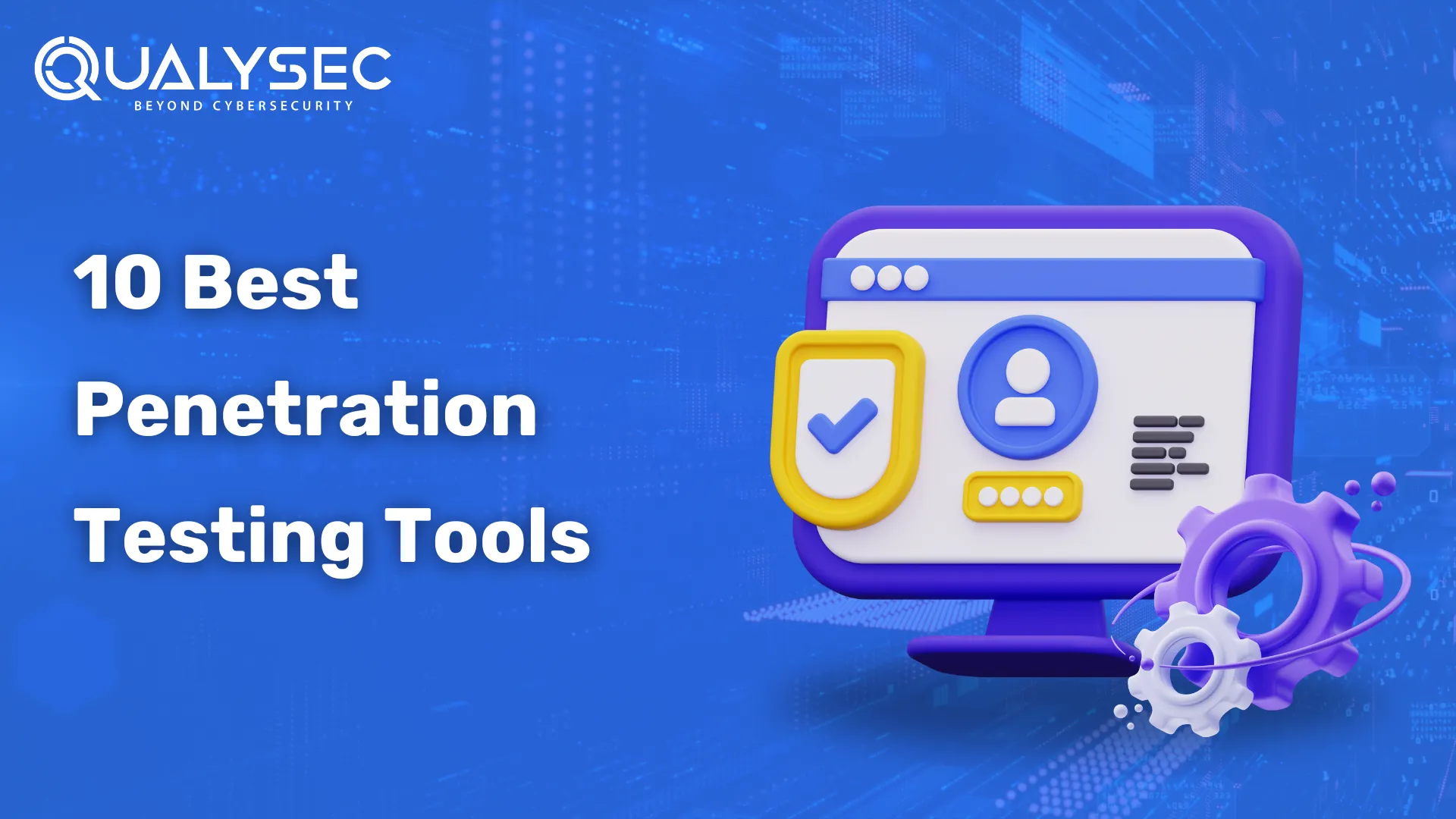












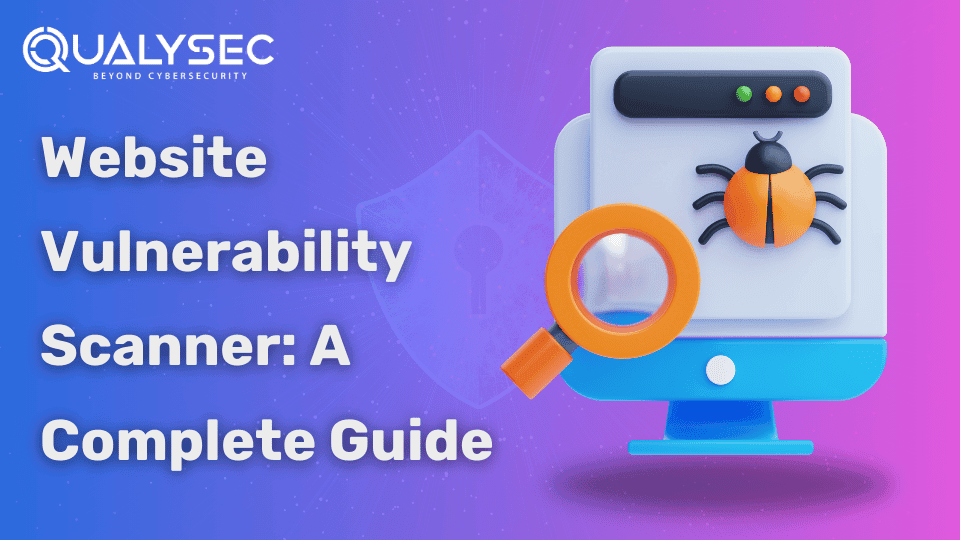

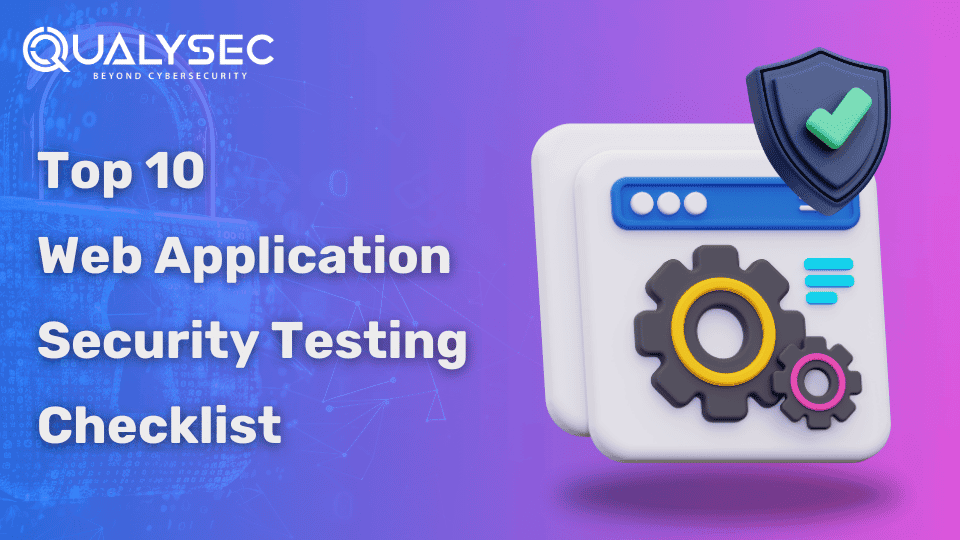
















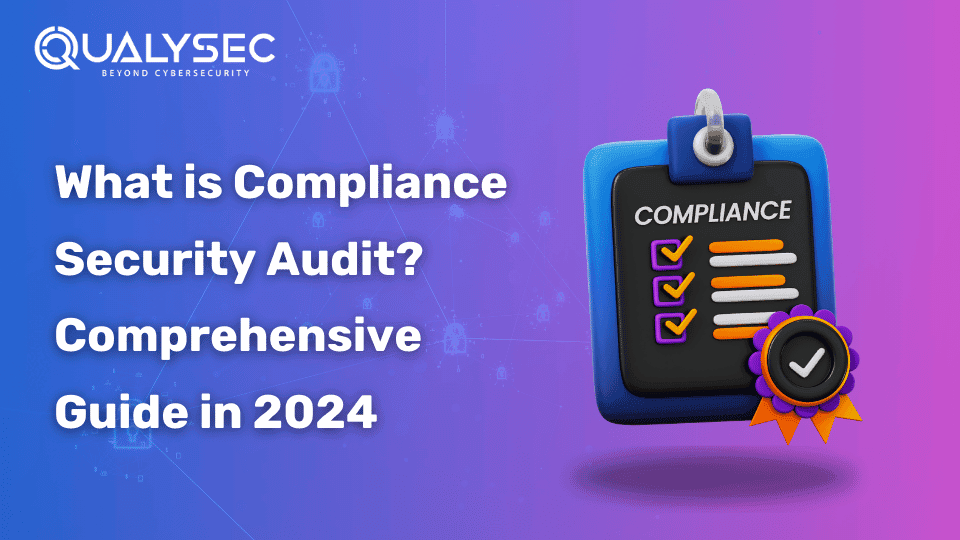


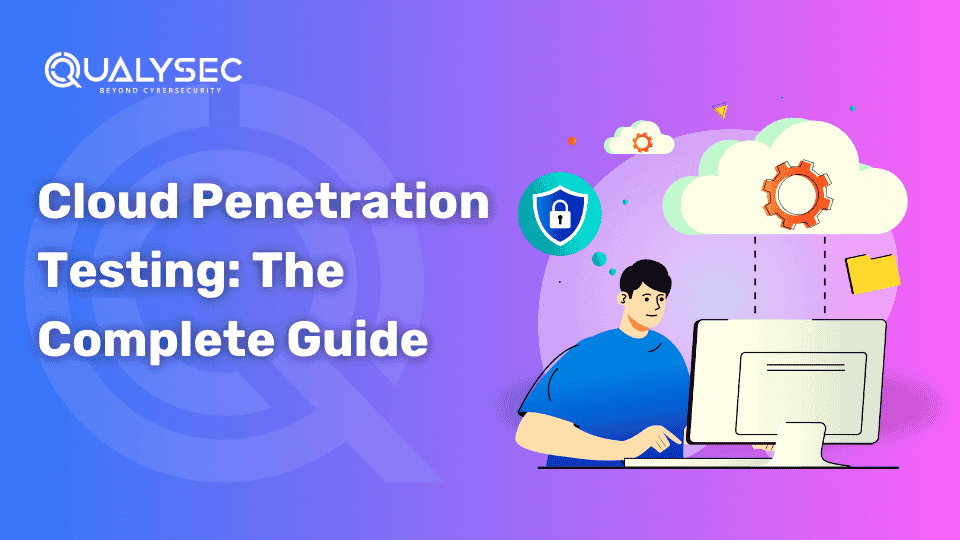




























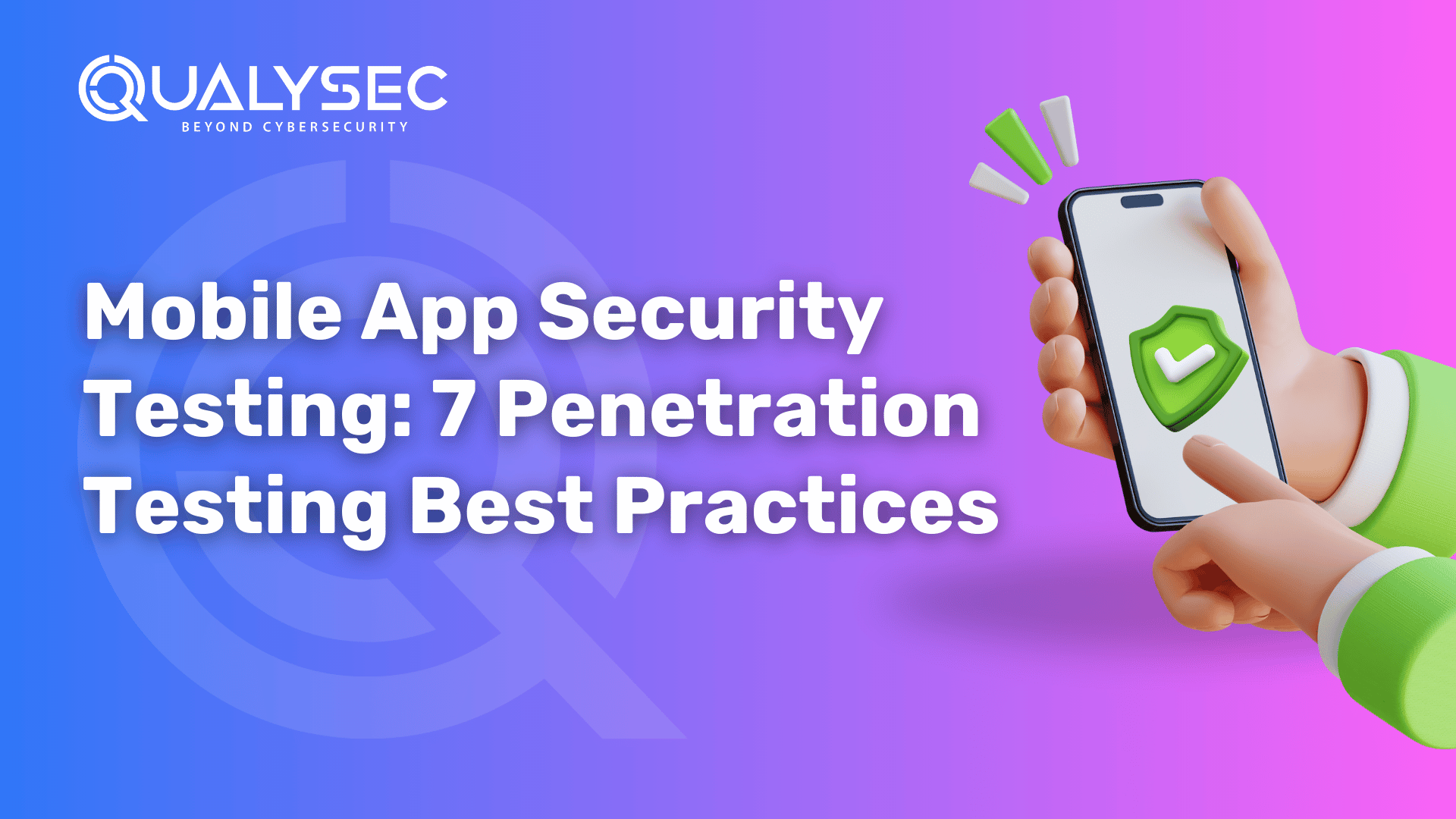














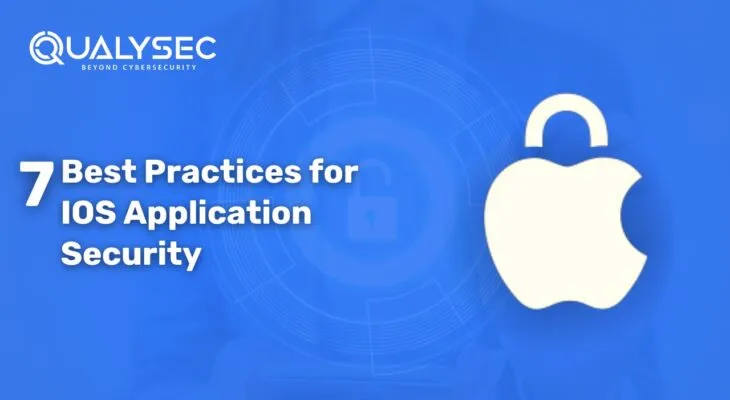








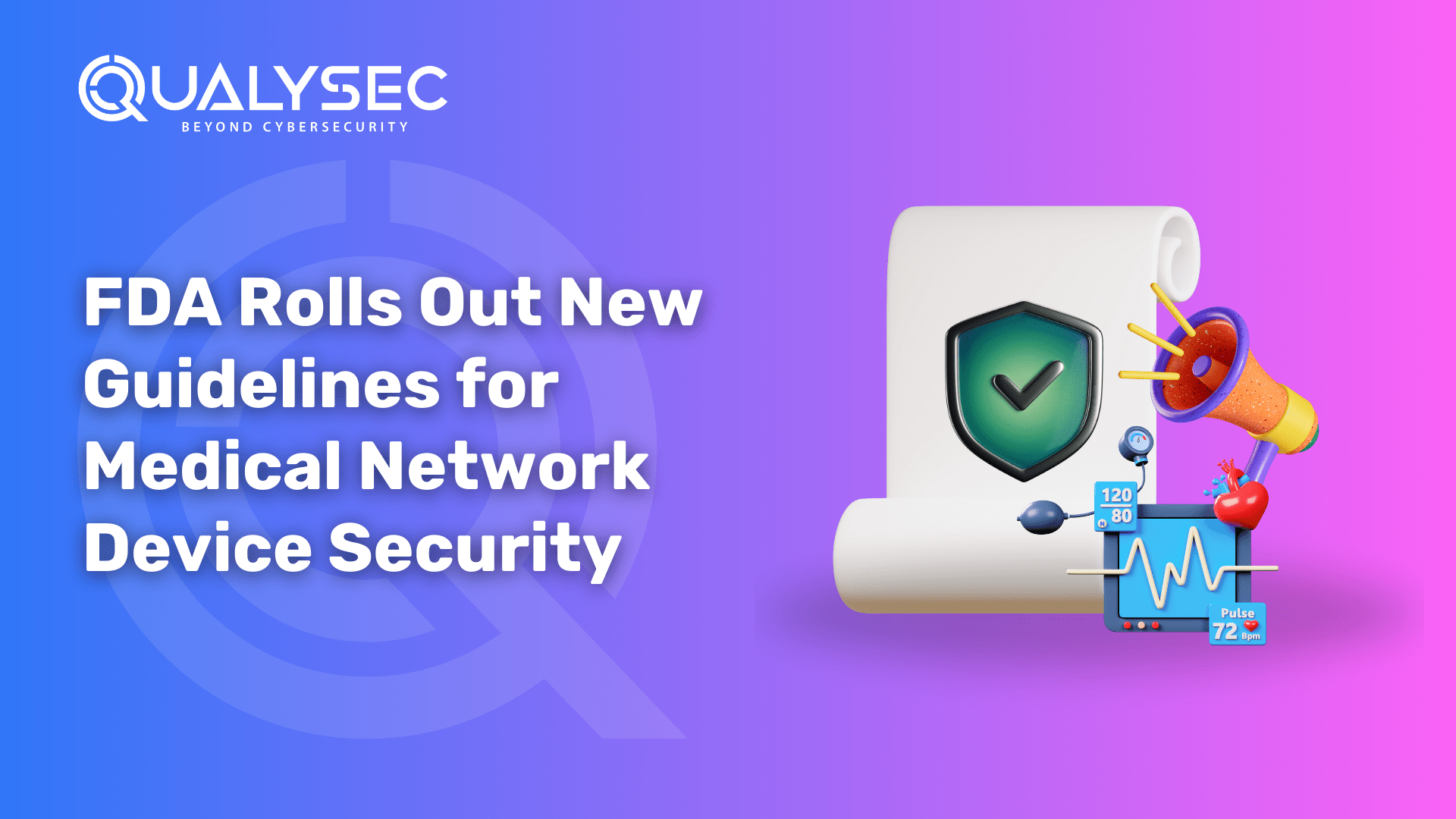
















































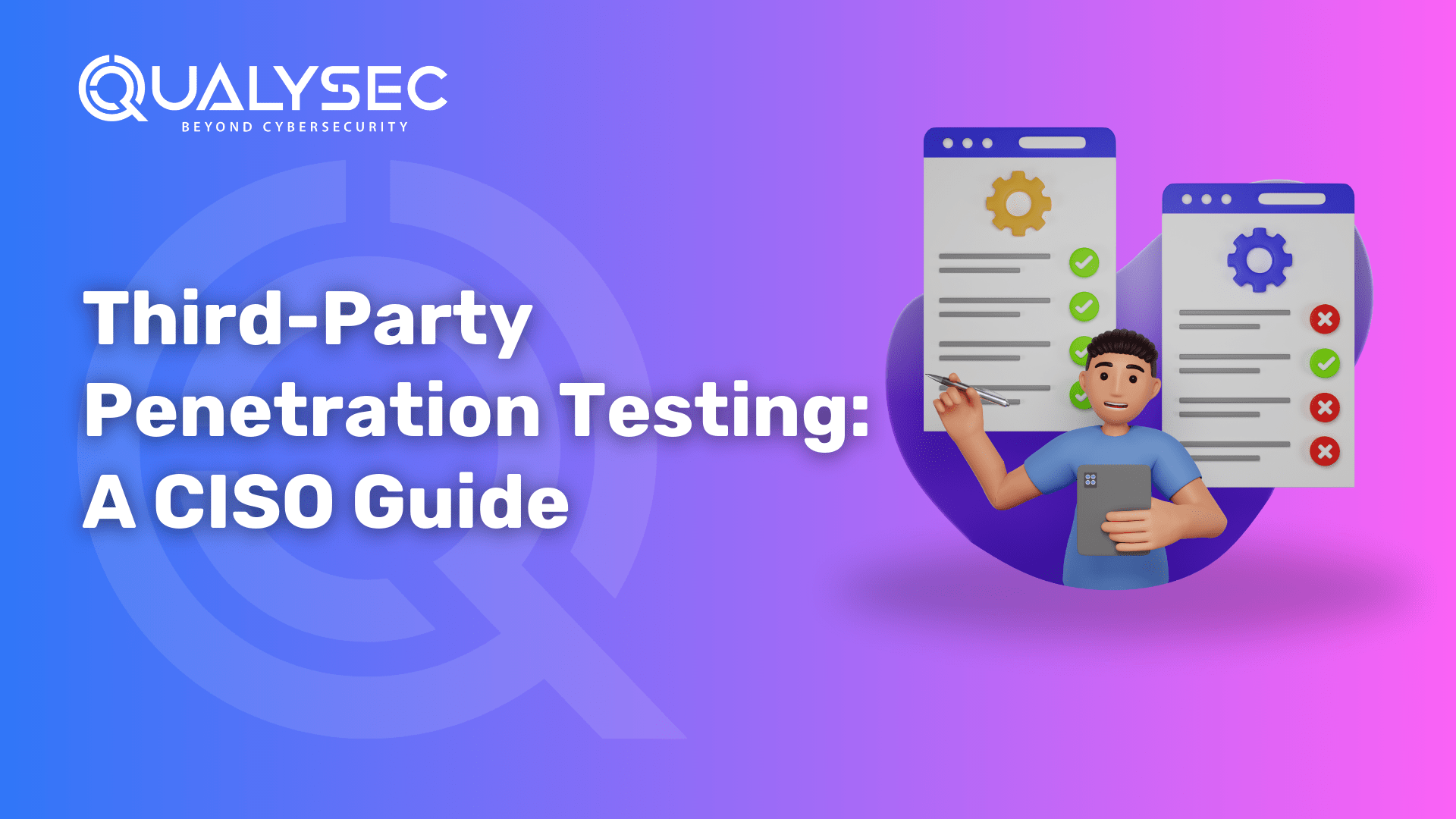













































































































































0 Comments